Included as part of our managed care suite of services, we will provide your company with what we call “Managed WordPress hosting”.
1. We will work with your designer to help deploy or move your site to our servers.
2. We will implement security on your website that should drastically reduce the chance of being hacked, and if something happens, we’ll take care of it.
3. We will routinely update your plugins and themes, as well as WordPress itself, to avoid any potential vulnerabilities.
4. We will maintain backups of your website so that if something breaks your site (whether a hacker or a simple plugin or WordPress update), we can roll it back quickly to get you back online.
5. We will make every reasonable effort to make sure that your site (not just our server) is always up and running, particularly during business hours.
6. We will maintain your domain registration, DNS settings, and SSL certificates for you.
7. You can call us for the same easy-to-reach tech support that you receive for the rest of your IT services.
You can find inexpensive WordPress hosting all over the web – as low as $2-$3/month. For that price, however, I would almost guarantee that you will not get ANY of the services 1-7 above. If you can even get those services, they will each cost extra. We don’t believe that a business should be without any of them, and so we take the same “all or nothing” full-service approach that we do to the rest of our IT services.
Why should I use WordPress instead of Drupal, Joomla, or even just a custom HTML site?
WordPress is a great website platform, also known as a Content Management System (CMS). It provides a framework by which a designer can design up a site, but the user can manage the content. It includes varying levels of permissions, an easy-to-use editor, and a system of creating and approving content.
There are a number of pros and cons to using WordPress:
Pros
1. WordPress is far and away the most widely used content management system – see https://trends.builtwith.com/cms
2. WordPress is Open Source, so there are no licensing costs for WordPress itself.
3. WordPress is easy to use.
4. Because WordPress is so widely used, there are a large number of designers out there that use it, so finding somebody to maintain or update your site is not difficult.
5. Because WordPress is so widely used, there is a huge ecosystem of plugins and themes available (both free and paid) that make building a good-looking website cheaper and faster. The large install base also means that the developers of said plugins and themes have high motivation to maintain and update these plugins and themes.
6. As opposed to building a customized HTML website, where a design is typically built for one size of screen, using WordPress along with plugins and themes allows you to quickly and easily build a website that adapts itself to the various screen sizes (PC, laptop, tablet, phone) that exist currently, and new ones that may come out in the future. It also allows for higher compatibility with a variety of web browsers (Internet Explorer, Chrome, Firefox, Safari, Edge) that currently exist and may exist in the future.
Cons
1. Much like Microsoft Windows, because WordPress is so widely deployed, it is the largest target for “hackers”. While stealing your information is not necessarily a big deal since most WordPress content is there in order to be publicly available in the first place, hackers can “hijack” your site in order to send out spam, host malicious content on your site, etc. If they do it well, it can be weeks or months before you even notice the hack.
2. Because of the modular nature of WordPress, it is necessary to routinely update plugins, themes, and WordPress itself (much like you would with Microsoft Windows) in order to keep everything current. These can, however, be set to auto-update.
3. Because WordPress is Open Source, there is no tech support available without going to a third party. In practice, this is almost never a serious problem, because even in the most dire of circumstances, we can roll back to a previous (working) version of the site, and then regroup on the best way forward.
In short, we believe WordPress is the most functional, most cost-effective way to go for most small businesses. You can maximize your design investment to build on a well-established platform, while our Managed WordPress Hosting mitigates the relatively minor downsides of using the most popular content management system in use today.
